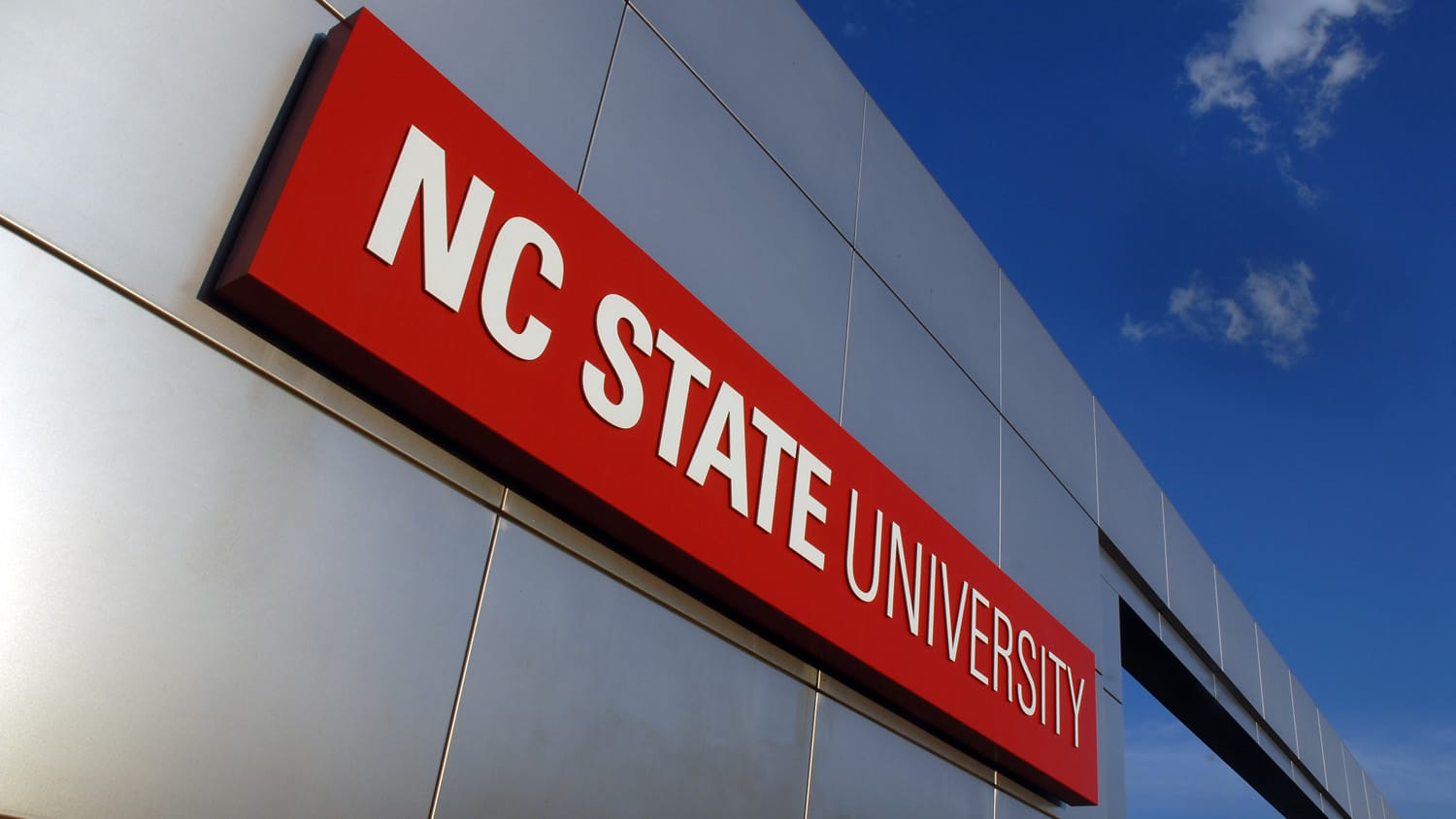NC State Researchers Awarded $3 Million from NSF to Design Revolutionary Materials

Scientists and engineers at NC State have been awarded nearly $3 million by the National Science Foundation (NSF) to drive the design, discovery and development of advanced materials needed to address major societal challenges.
The trio of four-year, multi-university projects, announced on Sept. 18, were among 37 funded by NSF’s Designing Materials to Revolutionize and Engineer our Future (DMREF) program, which brings together a wide range of disciplines — including materials research, engineering, mathematics, computer science, chemistry and physics — to achieve outcomes not possible in isolation. DMREF projects also include industrial partnerships to facilitate technology translation and train the future U.S. workforce in materials development and deployment.

One project, led by Karen Daniels, Distinguished Professor of Physics, and entitled “Iterative Design and Fabrication of Hyperuniform-Inspired Materials for Targeted Mechanical and Transport Properties,” will support development of novel approaches to design a new class of disordered lattice materials. These materials are inspired by the special transport properties, such as heat transfer and diffusion, predicted to exist for so-called hyperuniform structures. The objective is to engineer a new class of ultralight, manufacturable materials with jointly optimized mechanical and transport properties.
The $983,000 grant to NC State will also provide workforce development for a diverse group of undergraduates, Ph.D. students and postdoctoral researchers in the multidisciplinary areas of engineering, materials science, mathematics and physics. It will contribute to the public understanding of materials research via publications, outreach and internship programs for high school students and teachers. There will also be an effort to develop entrepreneurship, and trainees will be supported in pursuing commercialization of their ideas. Also involved in the project are Christopher Rock, associate research professor in the Center for Additive Manufacturing and Logistics and the Edward P. Fitts Department of Industrial and Systems Engineering at NC State; Mason Porter, professor in the Department of Mathematics at UCLA; Katherine Newhall, associate professor in the Department of Mathematics at UNC-Chapel Hill; and Ryan Hurley, associate professor, Department of Mechanical Engineering at Johns Hopkins University.

Another project, led by Kenan Gundogdu, professor of physics, and entitled “Hybrid Materials for Superfluorescent Quantum Emitters,” aims to discover quantum materials that exhibit room temperature superfluorescence tunable across the visible spectra in the broader range of hybrid materials. Insights derived from the project could make superfluorescence usable as a quantum optical effect in photonic devices, which can include laser diodes, light-emitting diodes, displays and optical amplifiers.
The $1 million grant to NC State will also provide collaborative research opportunities with undergraduate students specifically in historically black colleges and universities by recruiting summer interns. In addition, theory and experiment workshops will be organized to train early-career researchers on topics related to quantum phenomena in hybrid materials. A major broader impact of the project is the addition of materials data that relates macroscopic quantum properties to material properties in a general, open database “HybriD3,” which is dedicated to providing curated materials data for the materials research and development community. Also involved in the project is Franky So, Walter and Ida Freeman Distinguished Professor of Materials Science and Engineering at NC State; Volker Blum, associate professor in the Thomas Lord Department of Mechanical Engineering and Material Science at Duke University; and Yosuke Kanai, professor in the Department of Chemistry at UNC.
A third project, is led overall by Natalie Stingelin, professor and chair of materials science and engineering at the Georgia Institute of Technology, is entitled, “Establishing a Molecular Interaction Framework to Design and Predict Modern Polymer Semiconductor Assembly”.
Investigators on the project also include Seung Soon Jang, professor of materials science and engineering at Georgia Tech; Brendan O’Connor, professor of mechanical and aerospace engineering at NC State; and Harald Ade, Goodnight Innovation Distinguished Professor of Physics at NC State.
The project, which will provide $1 million to the NC State researchers, aims to advance a knowledge platform toward the predictable and controlled self-assembly of plastic semiconductors that lead to targeted properties. The project’s objective will be pursued by combining academic research in modeling self-assembly, polymer physics/thermal phase behavior, relaxation analysis and molecular packing/assembly, with contributions by national laboratory partners and numerous synthetic collaborators. Artificial intelligence analytics and methodologies will enhance experimental efficiency and knowledge inferences, and so the project will have broad implications in macromolecular science and technology. The project will also provide a highly interdisciplinary workforce trained in experimental methodologies, theory, simulations, and machine-learning techniques.


